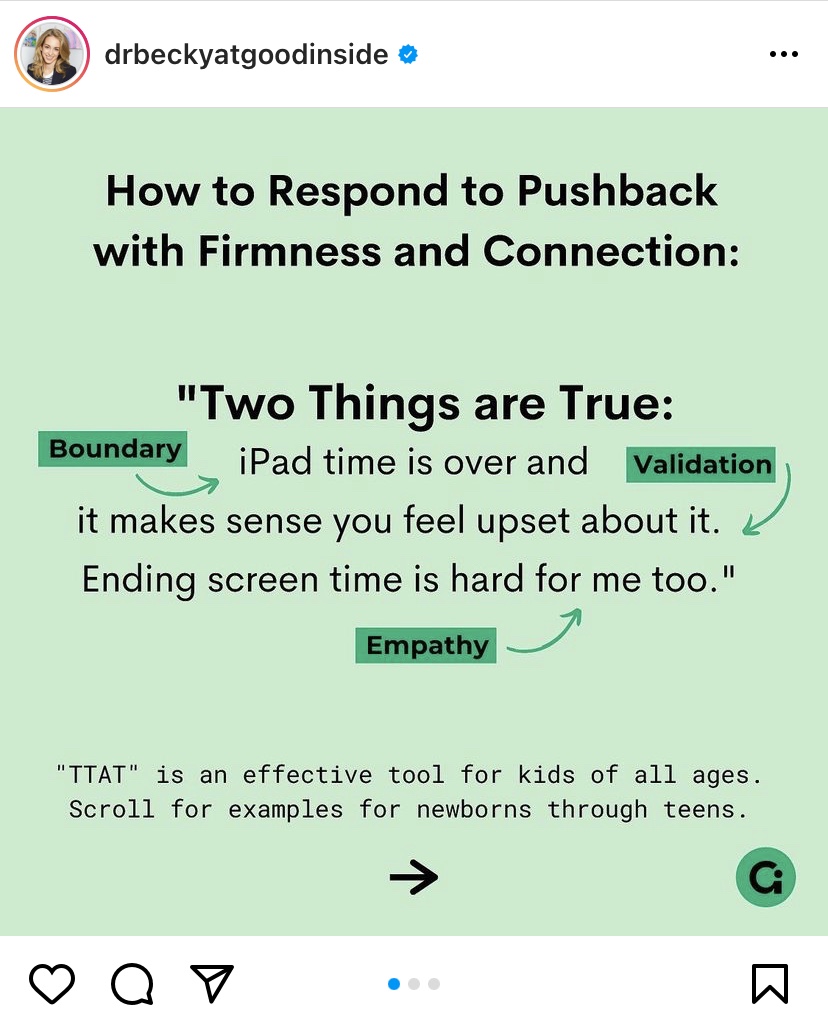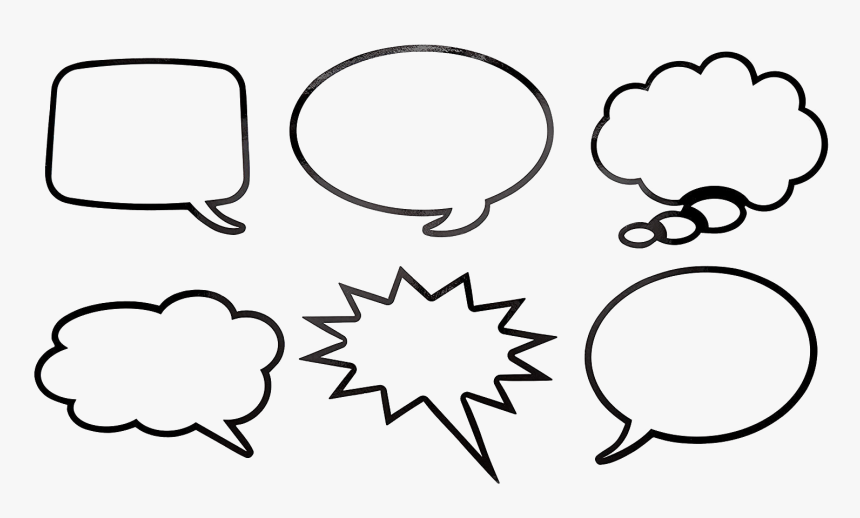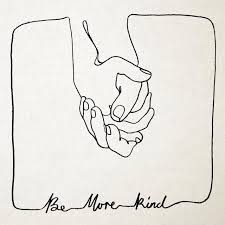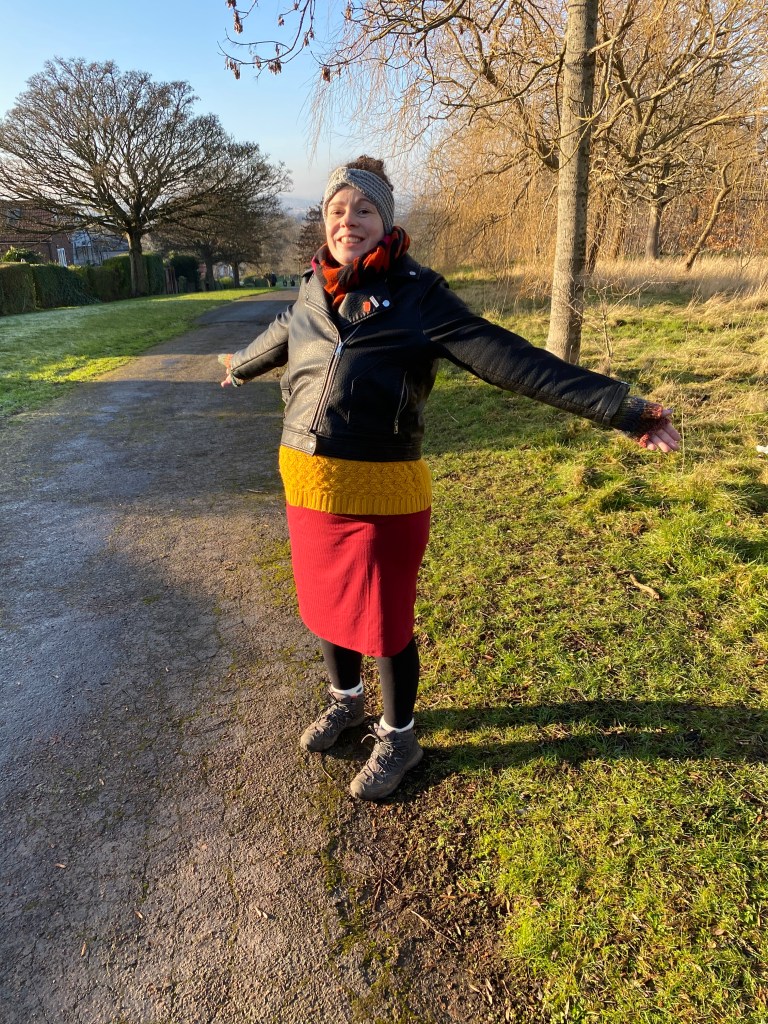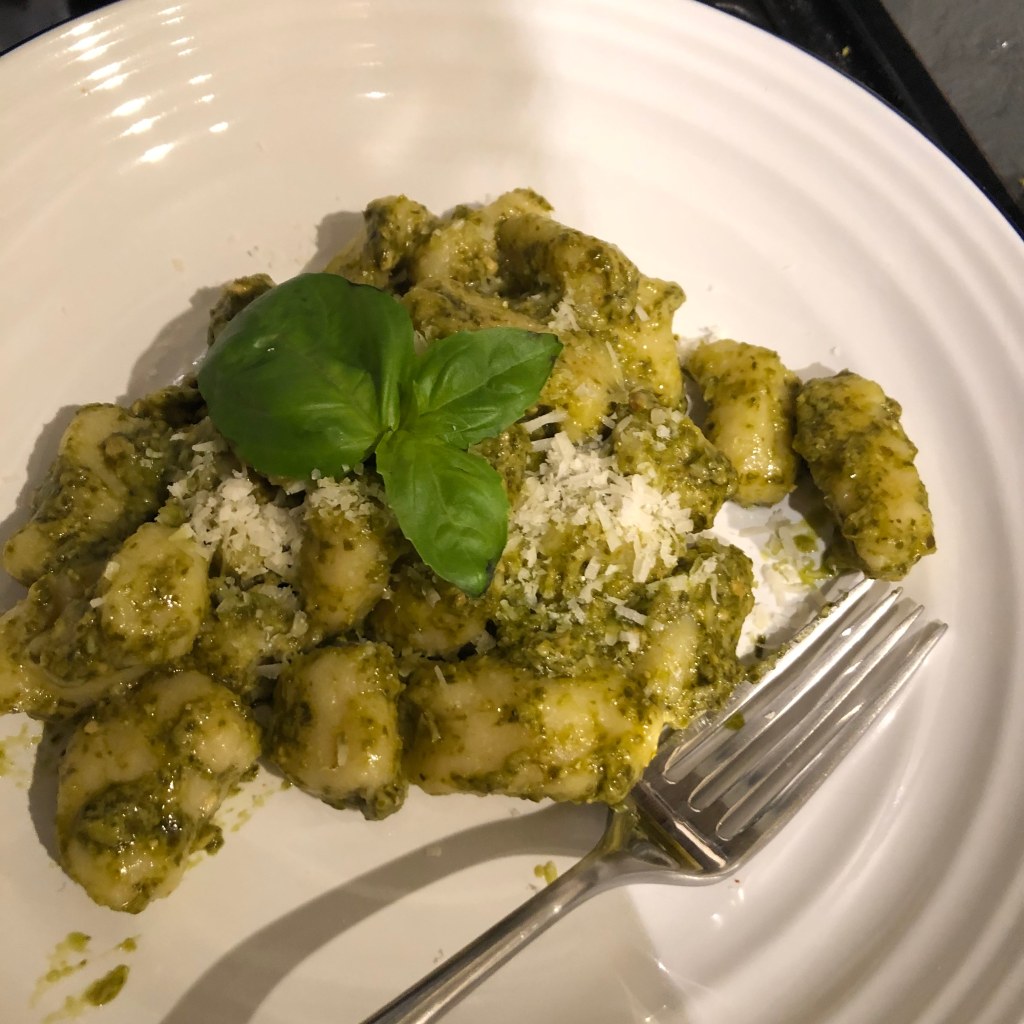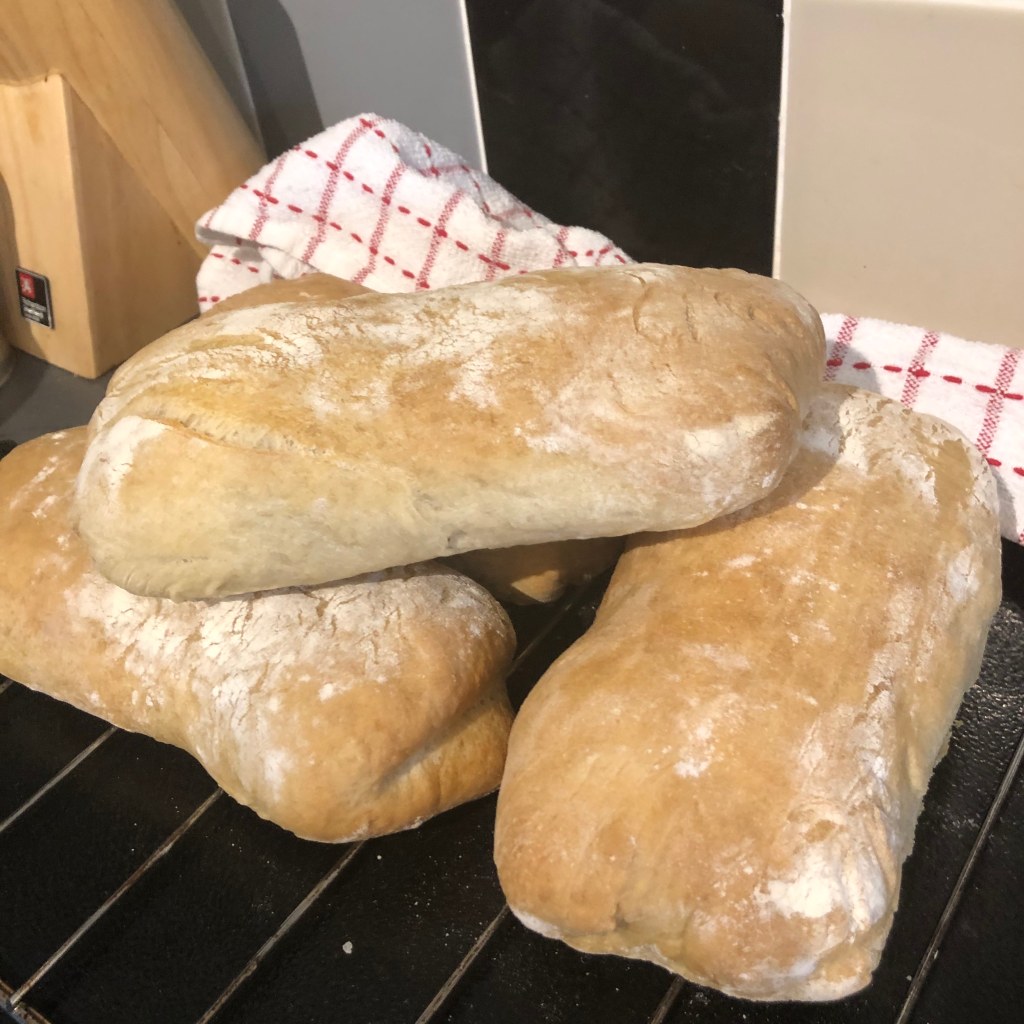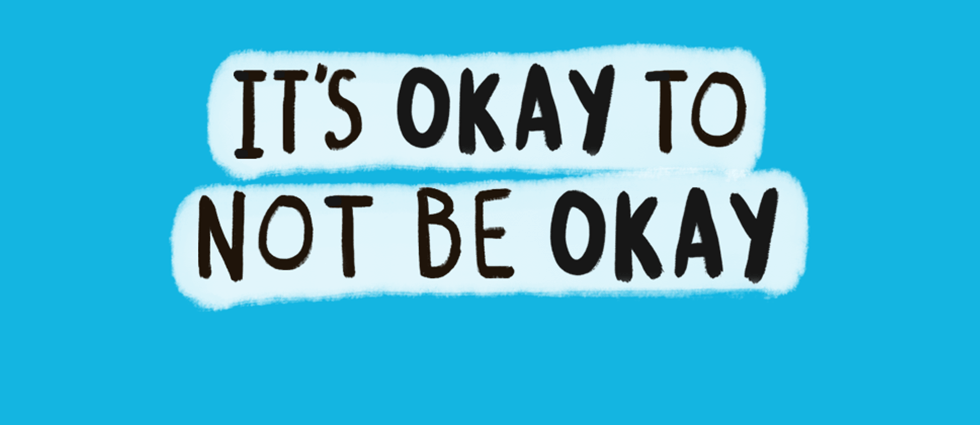***This post is going to talk about fertility and pregnancy, in the context of mental health. I know from my own experience how difficult these things can be to hear about, so if you’re not in the right space to read about it right now, do what you need to do to look after yourself.***
On my personal social media a few weeks ago I told people that I was pregnant with our first child, and I’m currently 16 weeks along. I was overwhelmed by the positive reaction from everyone, as I assumed people would think I was crazy (well, crazier) to have a baby with my mental health history being as it is. Deciding to start a family wasn’t simple for us, and I thought I’d explain a bit more about it all, and about the support I’m being given by the NHS to protect my wellbeing at the moment.
I can’t remember the details, but I know that when things started getting serious between me and Tom (probably around the time we started being comfortable enough with trumping in front of each other) we must have had the conversation about whether we each wanted kids, and the answer was a resounding ‘yes’ on both sides. We’ve both got siblings, and soon after we got together our twin nieces were born, cementing how much we loved kids and how much we wanted our own family.
This all made it especially difficult when, two years ago, following my breakdown, we had to have several conversations about whether we would ever want to risk my mental health by putting my poor battered brain through the hormonal rollercoaster and overall chaos of pregnancy and babies. I felt so guilty at this time, as I felt I had married Tom under false pretences; he should be with someone who could give him children, but as always he was great and told me I was missing the point. If he couldn’t have children with me, he didn’t want them, and he was very clear that, for him, my mental health and wellbeing was much more important than any hypothetical babies.
(Ah great, now he’s going to read this and be all smug. But, to be fair, he has a right to be, he’s awesome and much more than I could ever think I deserved. There, that should mean I don’t need to get him a Christmas present this year.)
So for a couple of years, we shelved the idea of starting a family. The weird thing is, no one else did. Every mental health professional I have dealt with since my admission to hospital in October 2018 has talked about my age and relationship status, and how they want to ensure that if we did want to have children, my treatment would not prevent this. I remember when I met the consultant on the psych ward she was adamant that we shouldn’t change my medication as the one I have been on for years (Citalopram) is one of the few you can continue to take during pregnancy with minimal risks to the baby. I sat listening to her, thinking ‘I don’t care about this, just adjust my meds and GET ME BETTER.’ Turns out, she knew what she was talking about, she knew that there was a chance that once the smashed up kaleidoscope of my BPD vision cleared, I might see things differently.
However, despite all the encouragement from my consultants, my recovery team and my therapist, it wasn’t until earlier this year that I started to think about babies again. Up to that point, I could not be confident that my mental state would stay stable enough to do it. I was having days and weeks of feeling much better, but these were still punctuated by periods when I felt very low and was really struggling with symptoms such as depersonalisation and panic.
But from January 2020 onwards, I noticed that things had shifted massively without me even noticing. I wasn’t panicking over every single thing anymore, I started a college course in makeup artistry and regained a lot of the confidence I thought was long gone. I was really happy in myself and our relationship and I started to feel, for want of a better word, broody again. The image I’d had of myself as a mum when we’d got married, that I’d had to keep shut tightly away in my mind for two years, suddenly seemed possible again. I started to talk about it with Tom, and he was open to the idea, depending on what my recovery team had to say.
I was so scared to have the conversation with my care coordinator, as I still had the idea in my head that people would be appalled at the idea of someone who had been as ill as me being a mum. I can see now that this was all my own invention. I had such a fear that I wasn’t fit to be a mum that I believed everyone else was going to think the same. I could not have been more wrong. My care coordinator was very excited that I was even considering this and explained all about the support available to me, including a referral into the specialist perinatal mental health team in Sheffield, who would support me alongside my current team. Once again, I was being told that what I saw as a massively personal flaw/failing/something I should not subject a child to, was actually not such a big deal, with the right support and information.
I am lucky enough to be able to say that this support, encouragement and lack of stigma regarding my mental health history has been borne out in every medical appointment I’ve had since I got my positive pregnancy test. The overwhelming message I’ve received from midwives, consultants and my GP has consistently been ‘healthy mum, healthy baby’, with everyone emphasising that keeping me well is the priority to then ensure that my baby Baked Bean (BB) is a happy little chap. Obviously this does not mean putting BB at serious risk in any way, but weighing up the minimal risk that comes from taking my medication against the massive benefit I get from it. It’s actually been really interesting speaking to all these different people about it and realising that although there is clearly still a lot of work to do around the way mental health is treated in the NHS, the stigma that I fully expected to meet head on at every turn just hasn’t been there.
Okay, I feel I’ve waffled on long enough for this post! I am going to have a lot more to say about pregnancy and mental health, from what I’ve experienced so far as I went through the first trimester to trying not to pathologise every perfectly normal anxious thought I have. I also want to share some thoughts about all the ways actually trying to get pregnant (not like that, you mucky pups) messed with my brain. But in between all that I’m going to try and post as normal, as life goes on while you’re baking a bean, and I still need to feel like ME, and not just a baby oven.
If you’ve stuck with me this far through this long post, thank you!
Sarah x
